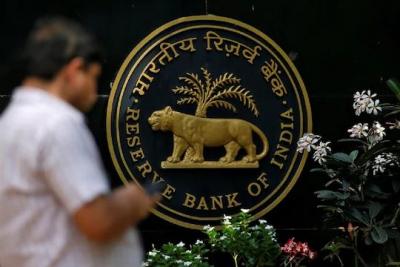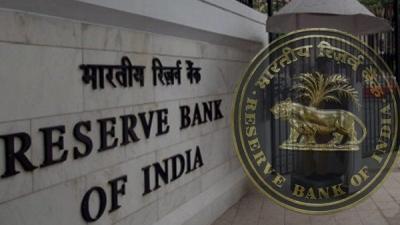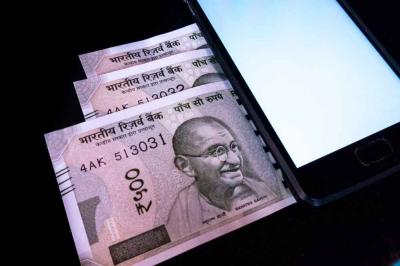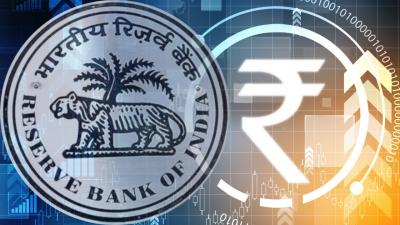Union Budget 2022: All you need to know about Digital Currency
By Lokmat English Desk | Published: February 1, 2022 03:19 PM2022-02-01T15:19:22+5:302022-02-01T15:19:22+5:30

For the past several days, discussions have been going on about digital currency in India. With the advent of cryptocurrency, the number of investors has increased. But in India there was no clarity about this. But in today's budget, Niramala Sitharaman announced a big development.

The Reserve Bank of India (RBI) will introduce the Central Bank Digital Currency (CBDC) as India’s official digital rupee in 2022-23, finance minister Nirmala Sitharaman announced in the Union Budget for 2022-23.

The announcement comes after months of speculations around the introduction of a blockchain-based official digital currency of India.

सध्या जगभरातील सर्व बँका डिजिटल करन्सीवर काम करत आहेत. आता भारतात आरबीआय डिजिटल करन्सी आल्यानं खासगी क्रिप्टोकरन्सीत गुंतवणूक करण्यापेक्षा सरकारी डिजिटल करन्सीत गुंतवणूक करण्याचा पर्याय उपलब्ध होणार आहे.

“The introduction of the CBDC will give a big boost to India’s digital economy. The digital currency will also lead to a more efficient and cheaper currency management system," Sitharaman said. Exact details about the CBDC, its regulations and launch timeline are yet to be announced.

The CBDC is expected to be India’s official digital currency issued by the RBI, which was initially proposed as part of India’s regulatory reforms on cryptocurrency. The currency is expected to be tethered to the fiat version of the Indian rupee, and will use blockchain and related technologies to operate.

A report by the Bank for International Settlements states that central virtual currencies, such as RBI’s CBDC in India, can help central governments undertake cheaper and more efficient currency management steps.

Sitharaman also announced income tax to be levied against capital gains made in the field of “virtual digital assets", which will include ‘private’ cryptocurrencies such as bitcoin, ether and the likes, as well as a growing market of non-fungible tokens (NFTs).

Such gains will be taxed at 30% and no deductions can be claimed against investments made in digital assets such as cryptocurrencies.

The finance minister also stated that a TDS (tax deducted at source) of 1% will be levied against investments in virtual assets above a “certain threshold".

China's digital RMB was the first digital currency to be issued by a major economy. On September 27, 2021, Tajikistan announced the creation of a CBDC with the Fantom Foundation, and Nigeria was the first African country to launch its CBDC on October 25.The Bank of America said in its recent report that a US CBDC would differ from the digital money currently available to the public because it would be a liability of the US Federal Reserve, not a commercial bank, and so would have no credit or liquidity risk.























